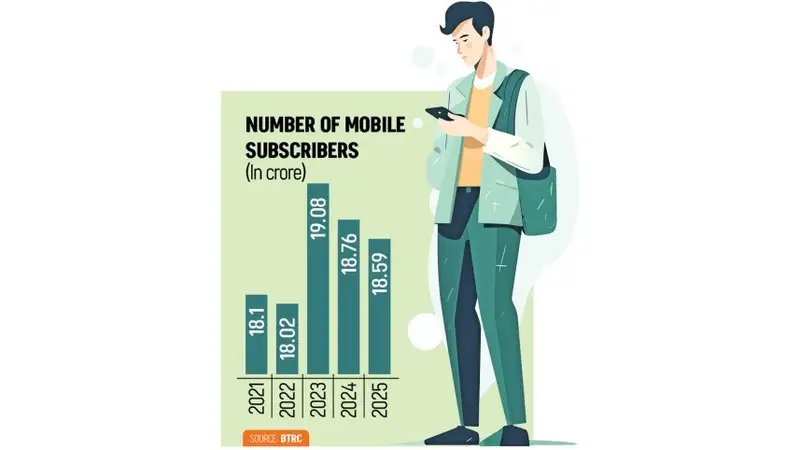Johannesburg – Africa’s smartphone market recorded its ninth consecutive quarter of growth in Q2 2025, with shipments rising 7% year-on-year to 19.2 million units, according to new data from Canalys. The continent remains one of the world’s fastest-growing mobile regions, outpacing global averages amid a slowdown in worldwide smartphone sales.
The growth was fueled by easing inflation in Egypt, Nigeria, and South Africa, as well as greater currency stability, which boosted consumer purchasing power. Canalys projects a 2.1% CAGR between 2025 and 2029 for Africa’s smartphone market.
Despite strong momentum, smartphones have only just crossed half of Africa’s total mobile connections, with feature phones still entrenched in low-income communities. Analysts highlight rural markets as the next growth frontier, where demand for mobile money, fintech, and digital services is accelerating.
Country Trends
- Egypt led the way with a 21% surge, supported by local manufacturing growth and Eid promotions.
- Nigeria posted a 10% rise on the back of a stronger naira and falling inflation.
- South Africa saw modest 2% growth overall, but 5G smartphone shipments jumped 63% thanks to affordable financing and expanded operator partnerships.
- Kenya slipped 2%, Algeria contracted sharply by 27%, and Morocco fell 7%. Senegal managed a modest 3% increase.
Vendor Performance
- Transsion (Tecno, Infinix, Itel) retained leadership with 51% market share, growing 6%.
- Samsung expanded shipments 3% to hold 18% share, growing beyond South Africa into Egypt and Nigeria.
- Xiaomi surged 32% to secure 14% share, benefiting from rapid channel expansion in Egypt and Nigeria.
- Honor posted the fastest growth at 161%, claiming 4% market share with South Africa driving most of its sales.
- Oppo declined 11% to 4% market share, though it continues investing in Egypt with new flagship retail stores.
Market Dynamics
Demand for sub-$100 smartphones soared 38% in Q2, keeping average selling prices on a downward trend since 2023. At the same time, Africa is emerging as a manufacturing hub, with Egypt and Ethiopia leading assembly, and Uganda and Algeria developing smaller ecosystems. According to Canalys, “Made in Africa is fast becoming a necessity,” leveraging regional trade agreements to cut tariffs and reduce costs.
This growth trajectory also aligns with wider mobile sector changes, including recent network-sharing agreements between Airtel and Vodacom in Mozambique, Tanzania, and the DRC to accelerate coverage expansion in underserved regions.















